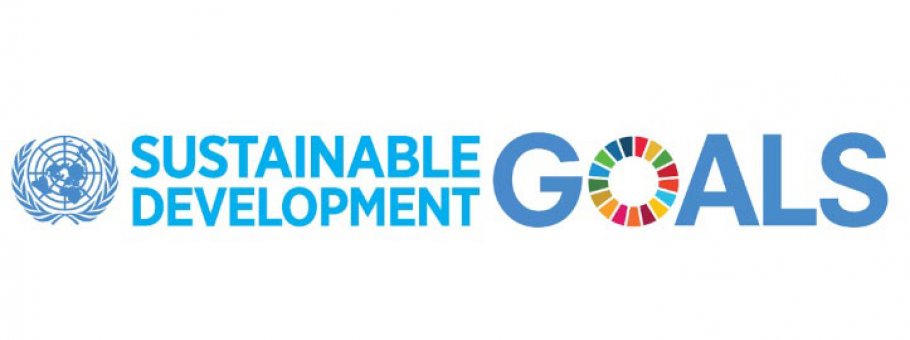-
Sustainable Development Goals: Jordan and Beyond
Sustainable Development Goals: Jordan and Beyond
Roadmapping Pathways Towards the Sustainable Development Goals: Jordan and Beyond

Project Brief
The project will provide a framework within which key policy makers can better understand the process of reaching the SDGs, situate them within broader environmental projects already in place and develop roadmaps for conceptualising how they are to be achieved.
Overview
On 27 September 2015, 17 Sustainable Development Goals (SDGs) were adopted during a high-level plenary meeting of the UN General Assembly. They are officially known under the title ‘Transforming Our World: the 2030 Agenda for Sustainable Development’ and are the culmination of a three-year process aimed at synthesising the environmental, social and economic dimensions of development worldwide. These goals are critically important, both in terms of the impact they will have on development outcomes and how they will channel funding, and thus programming.
The countries of the West Asia-North Africa (WANA) region now need to decide how they will prioritise and implement these goals. This process has proven to be difficult: progress has been slow and awareness of the SDGs remains limited.
There are several explanations for this. The region is battling a set of overlapping and multifaceted challenges including ongoing conflict, the emerging threat of violent extremism and chronic economic challenges. Evidence also shows that many people in the region are more concerned with existential issues such as jobs, economic growth and counter-terrorism than they are with the SDGs and the global cooperation process they symbolise. Moreover, large already existing initiatives have specific relevance to the SDGs, raising questions as to how to reconcile these complex processes already in place with individual goals without duplication. Another challenge is that the environmental goals cut across the Ministries of Environment, Water, Energy, Agriculture and Planning, which makes it harder for ministries not to sink into silo thinking.
In response, this project will create a set of simple, clear and evidence-based Guidance Notes specifically designed to unpack and demystify the SDG process in a Jordan-specific manner, build momentum, and provide guidance on how to tackle the challenges associated with intersectorial goals. While all SDGs are of equal importance, this project focuses on three key goals that speak directly to pressing challenges in Jordan’s environmental development:
- Goal 6: Ensure access to water and sanitation for all
- Goal 7: Ensure access to affordable, reliable, sustainable and modern energy for all
- Goal 13: Take urgent action to combat climate change and its impacts
The project will provide a framework within which key policy makers can better understand the process of achieving these three SDGs. It will also situate the goals within broader environmental projects already in place and develop roadmaps for conceptualising how they are to be achieved. Furthermore, it will help identify modalities of support, potential approaches to roles and responsibilities, target setting approaches and possible targets for Jordan.
